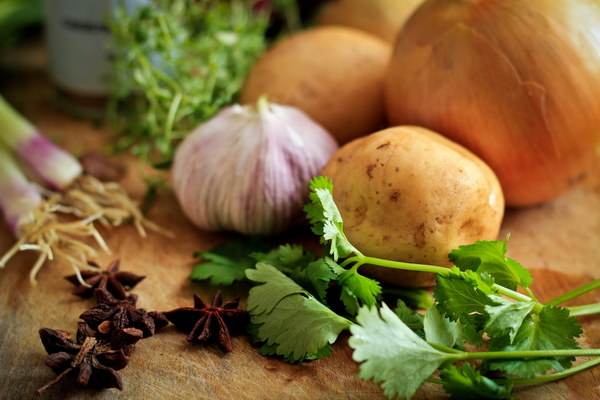Nurture Your Lungs with Hydration A Guide to Autumnal WaterBased Health Practices
As the crisp autumn breeze whispers through the trees, heralding the arrival of a new season, the ancient wisdom of traditional medicine reminds us of the importance of nurturing our bodies in harmony with the changing environment. One such practice is the emphasis on water-based health methods to nourish the lungs, the organ most affected by the dryness of autumn. Here's a comprehensive guide to using water to maintain lung health during the autumn months.
Understanding the Autumn and Lung Connection
Autumn is a season of transition, moving from the warmth and moisture of summer to the cooler, drier conditions of winter. According to traditional Chinese medicine, the lungs are particularly susceptible to the drying effects of autumn, as they are associated with the element of metal and are responsible for the exchange of oxygen and carbon dioxide in the body. To counteract this, it's essential to keep the lungs hydrated and well-nourished.
1. Drink Plenty of Fluids
Hydration is the cornerstone of maintaining lung health during autumn. Aim to drink at least eight glasses of water a day. This can be in the form of pure water, herbal teas, or infused water with slices of lemon, cucumber, or mint. The additional nutrients and flavor can make hydration more enjoyable and more effective in nourishing the lungs.
2. Steam Therapy
Steam inhalation is a traditional method for clearing the lungs and respiratory tract. Boil a pot of water and add a few drops of eucalyptus oil or peppermint oil. Drape a towel over your head and the pot, allowing the steam to envelop you. Breathe deeply for several minutes, ensuring the steam reaches your lungs. This can help to clear congestion and reduce inflammation.
3. Gargle with Salt Water
A simple saltwater gargle can help keep the throat and nasal passages moist, reducing the risk of respiratory infections. Dissolve a teaspoon of salt in a cup of warm water and gargle the solution for a few minutes. This practice can also help to soothe sore throats and prevent the spread of bacteria.
4. Herbs and Supplements
Certain herbs and supplements can support lung health during the autumn. Ginger, licorice root, and astragalus are traditional Chinese herbs that can help to strengthen the immune system and protect the lungs. Additionally, vitamin C, vitamin D, and zinc are essential nutrients that support respiratory health.

5. Avoid Dry and Polluted Air
Autumn air can be dry and polluted, both of which can irritate the lungs. To protect your lungs, try to spend time in well-ventilated areas, especially if you have asthma or allergies. Use a humidifier at home to add moisture to the air, and consider wearing a mask when pollution levels are high.
6. Regular Exercise
Regular exercise, such as walking, swimming, or yoga, can improve lung capacity and strengthen the respiratory muscles. These activities can also boost the immune system, making it easier for your lungs to cope with the demands of the season.
7. Mindfulness and Stress Reduction
Stress can exacerbate respiratory conditions. Practices such as meditation, deep breathing exercises, and tai chi can help reduce stress and improve lung health. These mindfulness techniques can also help you connect more deeply with your body, making it easier to notice early signs of respiratory issues.
In conclusion, nurturing your lungs with water-based health practices during the autumn season is a holistic approach that supports overall well-being. By staying hydrated, using steam therapy, gargling with salt water, incorporating herbs and supplements, avoiding dry and polluted air, engaging in regular exercise, and reducing stress, you can maintain healthy lungs and enjoy the beauty of autumn to the fullest.









